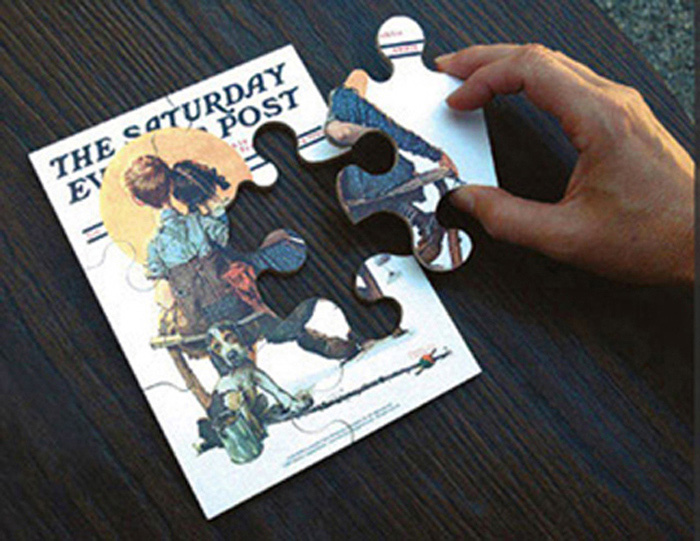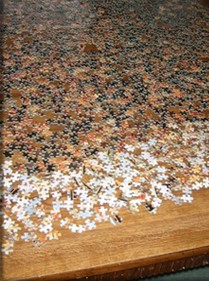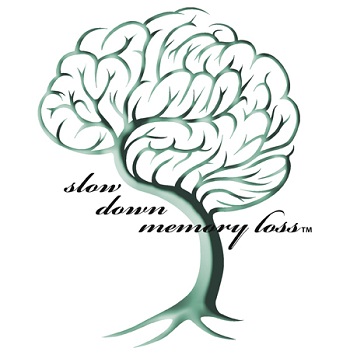Karen Miller’s mother suffered a massive stroke at age fifty.
“My mother’s stroke caused paralysis on her right side and took away her ability to speak. Also, she didn’t recognize her reflection in the mirror,” said Karen during a recent interview.
“Mom became emotional and seemed to lose her ability to reason. It wasn’t until many years later that I understood why,” Karen explains while we talked by telephone for this sponsored piece in partnership with and in support of The Caregiver’s Voice mission.
“It is difficult for family members and caregivers to witness a loved one’s cognitive abilities decline. It isn’t easy for the person living with dementia, either.”

My mother’s personality changed.
“I observed mom’s behavior while also involved with activities at Alzheimer’s and dementia care centers. I became aware of the little things that frustrated people with dementia and stroke patients. Frustration was expressed in different ways. I’ve seen hands and fists flying about, heard shrill screams for attention, and noticed subtle signs of body language. Many times, my eyes welled up with tears watching someone succeed after struggling to do a task many of us take for granted.”
Karen sets the scene to help us empathize.
Many of us don’t have experience with a person with limited mobility following a stroke who is also living with dementia. Karen helps us to understand by having us imagine we’re living in a memory care center.
You have no sense of time – morning, noon, and night meld into one.
You eat, go to the bathroom, sleep or are positioned in front of the TV, and fall asleep again.
You have poor vision. The images are blurry on the TV. You can’t make sense of the voices.
You want to go back to your room, but no one is listening. Frustrated, you yell, “Do you hear me?”
All you really want is for someone to sit with you awhile, lean in close, and listen patiently to what you have to say.
Instead, everyone is in a hurry, moving quickly, and talking too fast for you to understand.
Some show you pictures of friends and family and ask, “Remember?” You don’t, but they insist, “Surely, you must remember….”
You feel nervous and embarrassed because you do not recognize the faces and realize you don’t even remember the name of the person visiting you.
Time for Activities
 Today’s activity is a puzzle. Your wheelchair is moved to a table with small puzzle pieces.
Today’s activity is a puzzle. Your wheelchair is moved to a table with small puzzle pieces.
You think, there’s got to be a million pieces on that table. Two other people are sitting at the table and no one is touching the puzzle pieces.
You’re confused and feeling anxious.
The aide gives you a few pieces and encourages you to find where the pieces fit.
You stare at the pieces and your stress level rises; you begin to feel hot and itchy wondering where to begin. No two pieces look like they’d fit together.
You need to go to the bathroom. You look up just as the aide is walking out the door. “Hey,” you scream, “I need to go to the bathroom!” The two others sitting at your table look at you but no aide comes to help. You feel helpless.
It feels as if hours have passed. You’re hungry. You don’t remember the last time you ate.
You try again to find pieces that will go together. As hard as you try, you can’t.
You recall your childhood when you and your mother would do a puzzle. It was fun searching for the right piece to put into place; and even more exciting to see the completed puzzle.
This puzzle is too big. It has too many pieces. You feel intimidated by not knowing where the pieces should go. You feel stupid.

These puzzle pieces are too small. The colors and shapes are all blending together. You bend the edges of the puzzle pieces, trying to make them fit. Nothing works. Flustered, you feel like a total failure.
Satisfying Solutions for Successful Puzzle Solving

Karen used her design skills to create wooden puzzles with large pieces and memory games. “Post-stroke recovery patients and people with dementia tested them and felt empowered by being able to solve them,” Karen says. She launched Memory Jogging Puzzles and Memory Games to provide the same satisfying experiences for people with dementia, including those living with Alzheimer’s and in stroke recovery.
Stimulate your loved one’s and/or clients’ minds with these satisfying solutions for solving puzzles with success.








